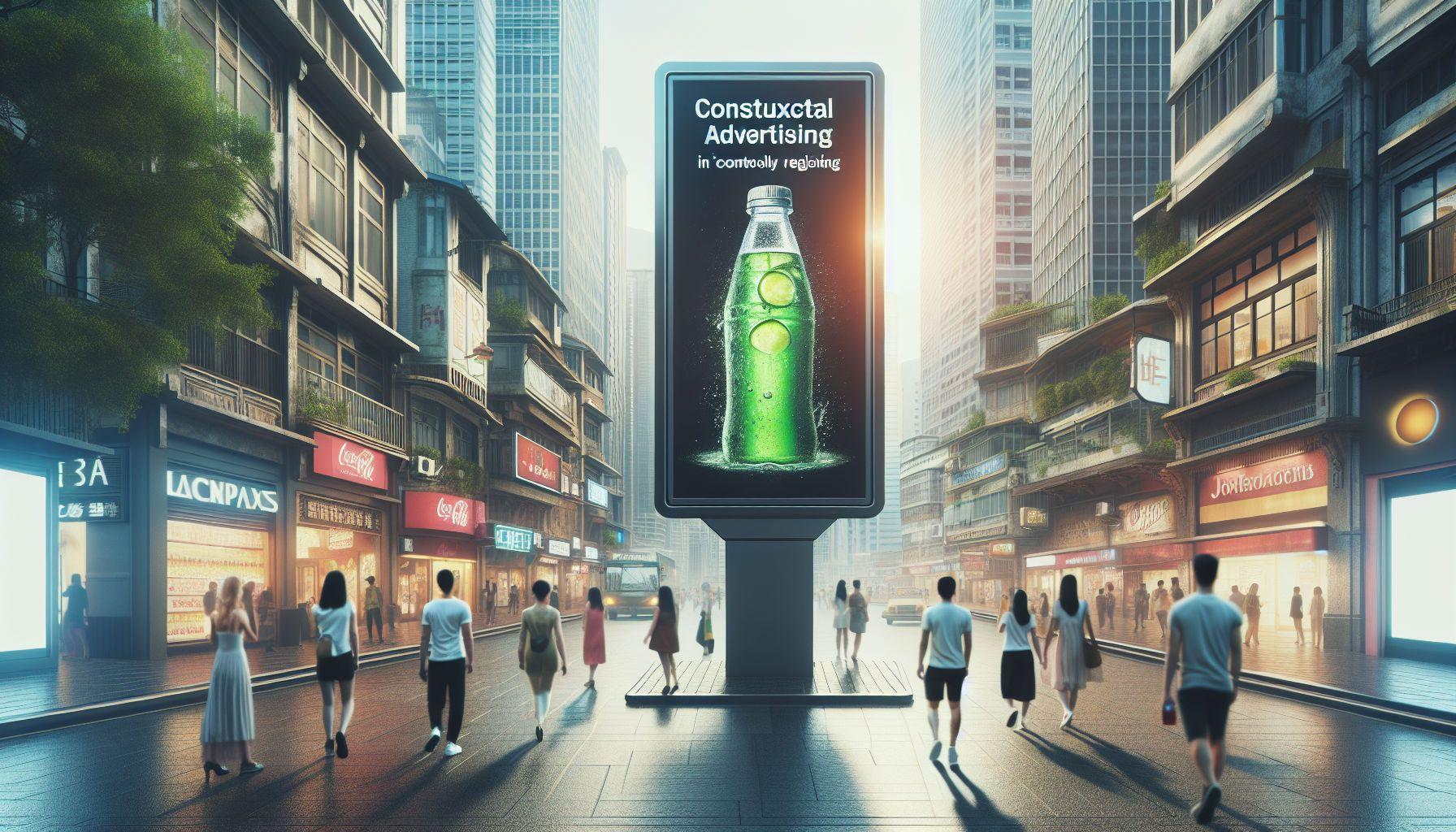How to Properly Set Up Contextual Advertising for Maximum Return
September 24, 2024
•
5 minutes

Content
Setting Up Contextual Advertising for Maximum Return
Contextual advertising is a powerful and versatile tool for attracting customers and increasing sales. However, to achieve maximum efficiency, it is essential to properly configure ad campaigns, taking into account key aspects that influence their effectiveness. Below, we will outline the main steps that will help you set up contextual advertising for the best possible return.
1. Define Advertising Goals
Before setting up a campaign, it is crucial to clearly define your goals. For example, for an online store, the goal could be to increase sales of a specific product. If you are selling shoes, your goal might be to increase sneaker sales by 20% within a month using promotional offers and discounts.
Example:
Goal: Increase men's sneaker sales by 20% within a month.
Strategy: Attract new customers through search and display ads targeted at audiences aged 25-35 in major cities.
2. Research Your Target Audience
To achieve high results, it is important to understand who your customer is. For example, if you sell premium watches, your audience consists of men aged 30-45 with a high income level living in major cities.
Use audience analysis tools such as:
- Google Analytics: Segment your audience by age, gender, and geographic location.
- Facebook Audience Insights: Get detailed insights into user interests and behaviors.
- Yandex.Metrica: Gain valuable data on site visitors and their preferences.
Example:
Target audience for premium watches: Men aged 30-45 interested in luxury cars and business, residing in Moscow and St. Petersburg.
3. Keyword Research
When selecting keywords, use not only high-volume keywords such as "buy sneakers" but also long-tail keywords to attract more targeted traffic. For example, "running sneakers with cushioning," "men's fitness sneakers Nike."
Keyword research tools:
- Google Keyword Planner – for region-specific keyword research.
- Yandex Wordstat – for analyzing search trends and predicting demand.
Example:
High-volume keywords: "buy sneakers," "men's sneakers."
Mid-volume: "running sneakers with cushioning," "fitness sneakers."
Long-tail: "buy Nike Air Max sneakers for sports," "men's sneakers for gym workouts."
4. Create Effective Ads
Your ad should stand out among competitors by using clear and compelling offers that address customer pain points and needs. For example, if you're promoting apartment renovation services, focus on the audience's concerns: "Fast apartment renovations with a 5-year guarantee and no hidden fees."
Always include benefits and specific numbers in the ad. For example: "20% discount on the first 5 orders" or "Free delivery within 24 hours."
Example:
Headline: "Running Sneakers with Cushioning – Comfort in Every Step."
Ad Text: "Choose the best running sneakers with cushioning. 20% discount on all models. Delivery across Russia."
5. Set Up Geo-Targeting and Ad Scheduling
Geo-targeting helps display ads only to users in your desired region. For example, if you run a cafe in Moscow, show ads only within Moscow and its surrounding areas to avoid unnecessary spending.
If your audience is most active at certain times, adjust the ad schedule accordingly. For example, B2B ads might be more effective on weekdays from 9:00 AM to 6:00 PM, while an online clothing store might perform better in the evenings and weekends.
Example:
Geo-targeting: Moscow and the Moscow region only.
Ad scheduling: 8:00 AM to 10:00 PM, based on purchase behavior data.
6. Continuous Analysis and Optimization
Ongoing monitoring is key to success. Use key performance indicators (KPIs) such as click-through rate (CTR), cost-per-click (CPC), and conversion rate to evaluate campaign effectiveness. If a campaign is underperforming, try modifying ads or keywords.
It is also recommended to test different formats and platforms. Search ads may work well for one audience, while YouTube or social media ads may be more effective for another.
Example:
A campaign using the keyword "sneaker delivery" has a low CTR. Try changing the ad copy or conducting A/B testing of different versions.
Conclusion
Properly setting up contextual advertising involves not only selecting keywords and creating ads but also having a deep understanding of the audience, regular analysis, and optimization. By following these recommendations, you can improve ad effectiveness, increase sales, and reduce customer acquisition costs.
Recent posts








